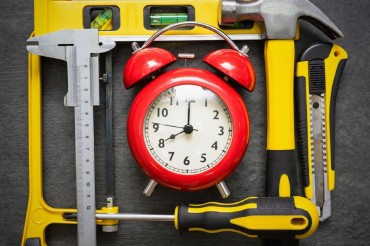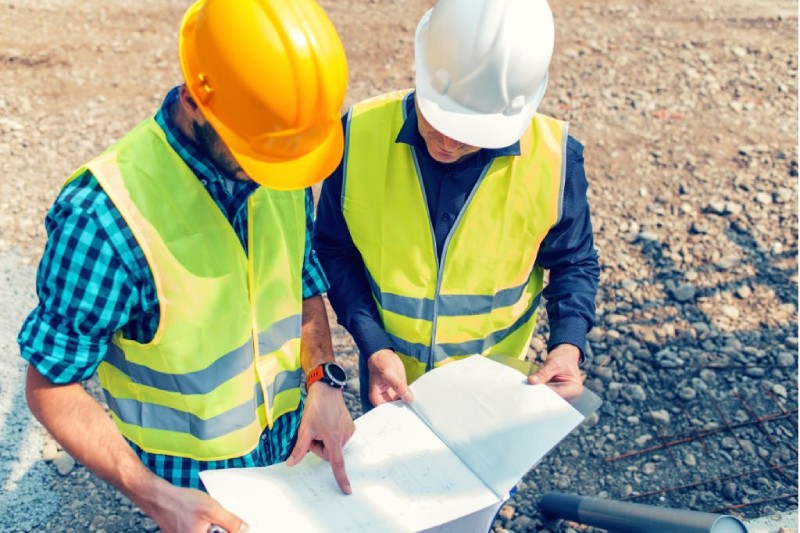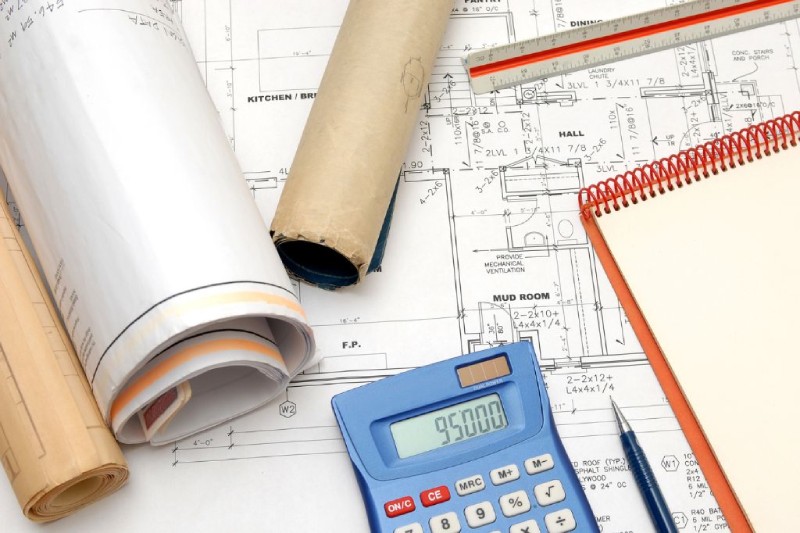
How to Prevent Delays in Construction Projects
Companies across the nation are facing construction delays, but the good news is there are a few things you can do to prevent setbacks.
- Construction delays are all too common, especially these days. Anything from inclement weather to labor shortages to stakeholder conflicts can postpone a construction project, resulting in additional costs, late deliverables, and frustration for contractors. Delays in the construction process open the door for cash flow problems. Delays can also negatively impact your relationships with your clients and contractors, and breed mistrust.
- There are several parties involved in each construction project, and a single problem can grind everything to a halt, resulting in a loss of time and money, so it’s always best to be proactive rather than reactive. By taking steps to mitigate or prevent significant setbacks in the first place, you can ensure that any project delays are as minimal as possible.
Common Causes of Construction Delays
- There are countless reasons for construction project delays, but the most common reasons for construction delays are:
- Funding delays and budget issues: Construction can’t continue without money, so funding delays and budget inaccuracies can really derail a construction project’s timeline. An inaccurate budget estimate can shut down construction for weeks or months. If there isn’t enough money for wages and materials, the project may need to be abandoned altogether.
- Poor planning and scheduling: There are a lot of parties and moving parts in any construction project, and improper planning and scheduling can throw everyone off. If you can’t correctly schedule and manage your subcontractors, you’ll divert resources and people to non-critical activities. Your overall efficiency will suffer, potentially causing construction delays. On the other hand, proper planning and scheduling can ensure that available resources and laborers are maximized. A sudden change in plans and project scope can also wreak havoc on project timelines and drive up costs, so you need to clearly define and confirm scope early on.
- Poor communication: In the same vein, a weak link in communication between the owner, the client, the field, the office, and the subcontractors can lead to massive delays or even major construction mistakes. If communication breaks down and those involved don’t receive updates on things like redesigns, altered schedules, or approvals, confusion and even conflict can occur, resulting in problems and construction delays.
- Poor quality materials: Another reason for construction project delays is the quality of your materials. Materials make up a large portion of each construction project’s overall expenses and significantly impact the final construction quality. When contractors use lower-quality materials in place of traditional building products because they can’t acquire or afford higher-quality options, construction quality declines and construction delays can occur. For example, improperly graded steel will fail early and can even serve as a safety hazard during construction. Likewise, a concrete mixture containing too much sand will cause the cement to settle too fast, reducing filling workability and stability.
- Bad weather: An extremely hot day can mean slower construction to ensure workers stay safe and hydrated, while a rainy one can mean holding off on concrete pouring. On the other hand, a drought can increase the probability of a wildfire, while excessive rain could cause flooding, both of which could significantly delay your construction project.
- Equipment malfunctions: If a piece of equipment malfunctions, construction may slow or even stop, which could set off a ripple effect and impact the entire project timeline.
- Labor shortages: The construction industry has struggled to attract skilled workers for years. When the 2008 recession hit, many workers were laid off—and many never came back. On top of that, the younger generations are less likely to enter the construction industry, resulting in an industry-wide labor shortage—and the pandemic only made the situation more dire.
- Construction mistakes: Nobody’s perfect, which means construction mistakes are an unfortunate reality. A construction error can drastically impact the project timeline.

How to Mitigate Delays in Construction
As a contractor, you want everything to go smoothly. After all, delays mean unhappy clients and subcontractors, as well as lost time and money. So, you need to do everything in your power to mitigate, resolve, and prevent construction delays.
Wondering how to avoid delays in construction projects?
Provide accurate estimates
Accuracy is everything when it comes to time and money. A budget inaccuracy can leave you without the funding to pay your crew or buy the necessary materials, and a timing inaccuracy can leave you without materials, specialized equipment, or workers when you need them.
Both budget and timing inaccuracies can grind construction to a halt. On the other hand, if you do your research, stay on top of market trends, and know what to expect for prices, you can avoid time- and budget-related delays.
Building a master schedule can go a long way toward helping you provide accurate time and cost estimates. Make sure to break the project down into smaller steps and create sub-steps within each step to ensure your schedule is as precise as possible—and don’t forget to let any subcontractors know about the timing of each deliverable.
Use high-quality materials
Poor materials can complicate the construction process and result in quality issues that further extend the project’s timeline. The good news is that you can easily avoid these issues by ordering from a trusted supplier.
If you’re in need of high-quality materials, look no further than AMAST, the one-stop construction marketplace that connects the construction industry with local suppliers. Not only will we introduce you to reliable vendors, but we’ll also make it easy to compare product prices. With AMAST, you can save time and money when purchasing construction materials.
Improve communication
Effective communication with clients and stakeholders is a must for any construction project. By establishing a formal communication structure between the field, the office, and your customer, you can reduce the likelihood of delays in the construction process. Letting reviewers know their deadline and how it impacts the project’s overall timeline and streamlining the approval process will ensure that your crew won’t waste time waiting on a reviewer’s answer.
At the beginning of the collaboration process, be sure to clarify the project scope, as changes mid-construction can drastically extend the project’s timeline. You’ll also want to double-check that all stakeholders are on the same page, and understand the entire project timeline. This will prevent confusion and give subcontractors time to plan.
However, communication doesn’t stop being important. Stay in communication with stakeholders throughout the construction process to keep things moving as smoothly as possible. If anything changes, quickly communicate with stakeholders or ask for approval from your sponsor.

Plan for bad weather or unexpected events
Bad weather and unexpected events like traffic accidents can create significant construction delays. While it’s impossible to predict or prevent a hail storm or an earthquake, it is possible to prepare for them.
Make sure to build flexibility into your schedule, as a rainy day might mean waiting to pour concrete or proceeding at a slower pace. Also, invest in waterproof gear, water pumps, and other tools that allow you to work efficiently, even after inclement weather. You may even want to consider prefabricating some elements in a climate-controlled facility to remove weather from the equation altogether.
Constantly monitor project progress
Even the slightest change or setback can have a snowball effect and cause massive construction delays down the road, which means you need to monitor your project’s progress. This way, you’ll know as soon as anything goes wrong, so you can make adjustments to other parts of the construction process.

Build a backup plan
There are countless moving parts in any construction project, and many are out of your control. So, creating a backup plan is a must.
As you plan your project, identify any areas where you might encounter problems and come up with a list of solutions for each one. Then, if you happen to stumble across one of these problems, you can quickly take action to get everything moving again.
Avoid Construction Delays
Construction delays can be inevitable. However, in many cases, taking action now can help you mitigate or entirely avoid construction delays down the line. On the other hand, being reactive instead of proactive can mean facing massive delays and all the negative effects of construction delays, from budgeting problems to weakened client trust and confidence.
To set yourself up for success and avoid delays in construction projects, focus on communication and provide accurate estimates. Build solid plans (and backup plans), monitor your project’s progress, and invest in high-quality construction materials.
Check out AMAST for a wide selection of high-quality construction materials and products.